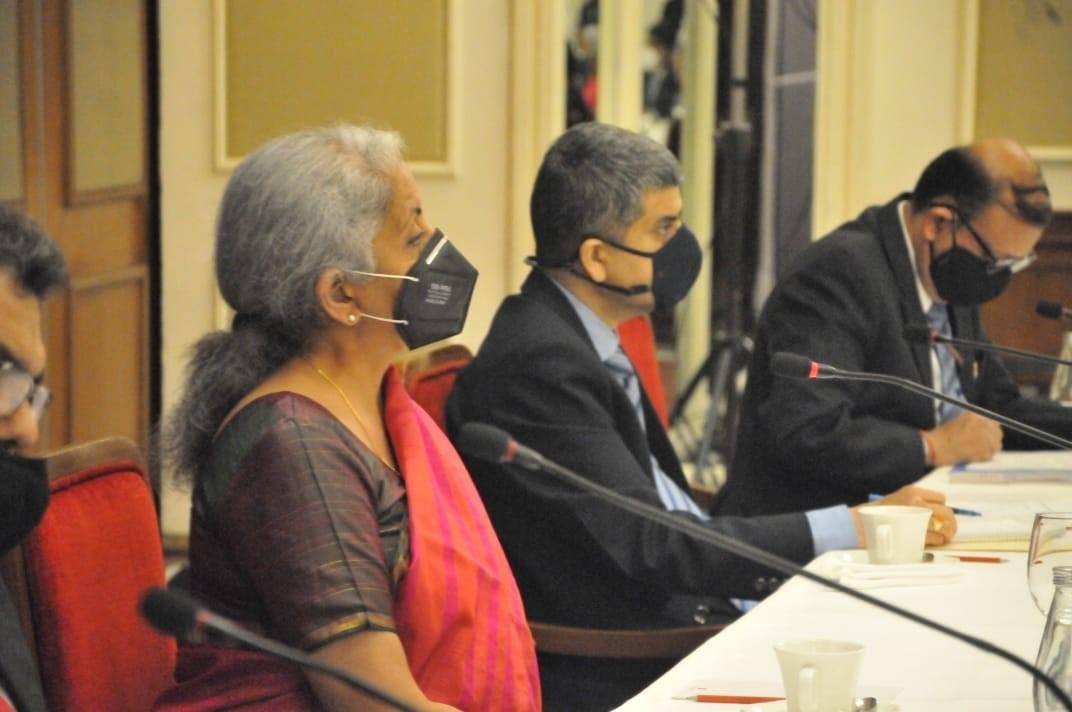New tax system implementation will be challenging.
The 14th Goods and Services Tax (GST) Council meeting, chaired by the Union Finance Minister Arun Jaitley has approved GST rates for goods and GST Compensation Cess.
The GST Council Meeting was held at Srinagar, Jammu and Kashmir on 18-19 May 2017.
The Council has broadly approved the GST rates for goods at nil rate, 5%, 12%, 18% and 28% to be levied on certain goods.
The Council has also broadly approved the rates of GST Compensation Cess to be levied on certain goods.
The information has been uploaded after the GST Council’s decision on the website of Central Board of Excise and Customs (CBEC) and is available at http://www.cbec.gov.in/.
It will be subject to further vetting during which the lists may undergo some changes.
Essential goods including foodgrains, cereals, fruits etc. will be exempted, while items like beverages and edible oil fall under 5%.
Capital goods will be taxed at 28%, along with most consumer durables/ white goods. Luxury cars will face a high of 28% plus cess.
Collections from the latter will be used to compensate states for potential revenue losses.
In the near-term, the inflationary impact from these changes will be minimal at less than 20bps, said the Development Bank of Singapore (DBS) in comments on the GST.
Likewise, on food (half of the inflation basket) etc. will be negligible, underscoring our expectations that actual inflation will stay above the 4% target, but undershot RBI’s glide path, it said.
This diminishes the need for a tighter policy bias. Rates on mass consumption items will be lowered, mitigating the price impact and boosting consumption, but demand for consumer durables might cool-off, says DBS.
Under growth, ahead of implementation, spending will rise on items which will face higher taxes. But this will taper off a quarter or two before stabilizing.
A study commissioned by the Thirteenth Finance Commission pegged the long-term boost to GDP growth at 0.9-1.7%, noted the bank, adding “Our estimates are at the lower end of that range.”
With states being compensated for first few years, impact on the fiscal books will be neutral. On the operational front, the stage is set for a 1 July rollout, but implementation will be no easy feat, said DBS.
Alongside tiered rates, there is also be a vertical split into state, centre and integrated.
Private sector surveys cited by the press show that while large companies have their architecture in place, small and mid-sized firms are yet to switch over to the new structure, especially in the un-organised sector.
These creases will need to be ironed out in less than two months till the rollout date.
Longer-out, the benefits from GST will include a simplified tax structure, lower costs, better tax compliance, formalisation of the economy and lower inefficiencies due to cascading taxes, observed DBS. fii-news.com










